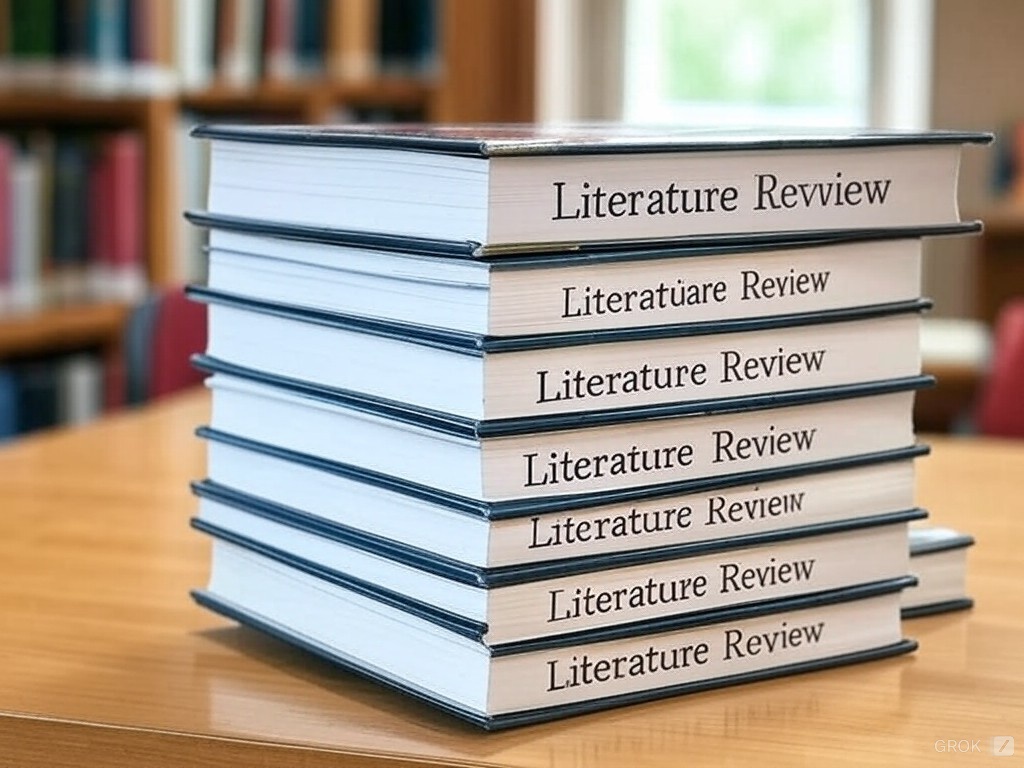What is a Literature Review? Complete Guide for Students

What is a Literature Review? Complete Guide for Students
A literature review is more than just summarizing existing research—it's a critical analysis that demonstrates your understanding of the current scholarly conversation about your topic. Whether you're writing a research paper, thesis, or dissertation, mastering the art of literature review writing is essential for academic success.
This comprehensive guide will walk you through everything you need to know about literature reviews, from their basic definition to advanced techniques for synthesizing research. We'll explore practical strategies, common challenges, and expert tips to help you craft an effective literature review.
A literature review surveys and synthesizes scholarly materials on a specific topic. It helps identify gaps in current research, establish the theoretical framework for your study, and demonstrate how your research contributes to the field.
Key Components of a Literature Review
-
Overview of the Topic
- Historical background
- Current state of research
- Key definitions and concepts
-
Organization of Sources
- Thematic arrangement
- Chronological progression
- Methodological approaches
-
Critical Analysis
- Evaluate methodologies
- Compare findings
- Identify patterns
Types of Literature Reviews
• Narrative Review: Comprehensive overview of a topic
• Systematic Review: Rigorous, reproducible methodology
• Meta-Analysis: Statistical analysis of multiple studies
Steps to Write a Literature Review
-
Define Your Focus
- Choose your topic
- Develop research questions
- Set boundaries
-
Search for Sources
- Use academic databases
- Apply search strategies
- Evaluate relevance
-
Analyze and Synthesize
- Take detailed notes
- Identify themes
- Make connections
-
Organize Your Writing
- Create outline
- Develop structure
- Build arguments
- Use current and relevant sources
- Maintain critical perspective
- Show relationships between studies
Frequently Asked Questions
The number of sources depends on your assignment requirements and topic scope. Undergraduate papers might use 15-30 sources, while graduate work often requires 50+ sources. Focus on quality and relevance rather than quantity.
Generally, aim to use sources published within the last 5-10 years, though this varies by field. Some disciplines require more current sources, while others may benefit from including seminal older works.
No, only include sources that are directly relevant to your research question and contribute meaningfully to your analysis. Quality and relevance are more important than quantity.
Other Articles You Might Like
What If Shakespeare Used an AI Essay Writer? A Style Mimicry Test
We put leading AI writing tools to the ultimate literary test—can they authentically replicate the distinctive style of William Shakespeare? This experimental analysis reveals fascinating insights about artificial intelligence's capacity to mimic history's greatest writer.
How to Write a College Essay That AI Reviewers Will Rank Highly
Learn the key elements that AI essay review systems look for in successful college essays and how to optimize your writing to receive high ratings while maintaining authentic voice and content.
Mastering the Art of Proofreading: A Students Guide with Yomu
Proofreading can be a tedious chore for students, but AI tools like Yomu.ai can make the process easier and more efficient. This article explores how Yomu.ai acts as a superhero sidekick for writing, helping students catch errors in grammar, typos, sentence structure, and style to transform academic papers into polished masterpieces. The piece offers tips on collaborating with Yomu.ai to turn proofreading from a daunting chore into an exciting quest.
The Pros and Cons of Using AI for College Essay Feedback
Explore the benefits and limitations of AI-powered essay review tools for college applications, and learn how to effectively combine AI feedback with traditional review methods.
What is a Topic Sentence? Definition and Examples
Learn everything about topic sentences, from their definition and importance to practical examples and writing tips. Master this essential writing skill to create more effective paragraphs and essays.
Top 100 Persuasive Essay Topics to Inspire Your Writing
A list of 100 persuasive essay topics to inspire your writing. Find the perfect topic for your next essay and engage your audience with compelling arguments.
